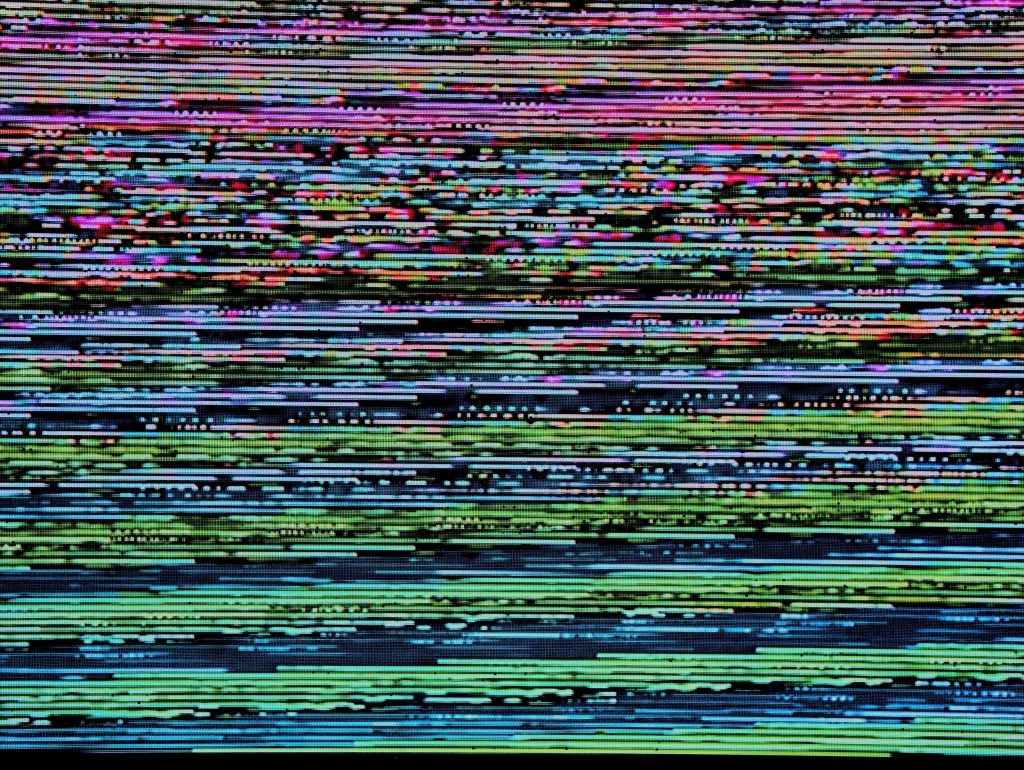Update — 21 March 2024: The Supreme Court of India stayed the notification of the 2023 fact-checking amendment to the IT Rules, 2021. This means that government-run fact checked units will not be operationalised until the Bombay High Court’s final determination on the challenges to the 2023 amendment. Access Now welcomes this decision and the Supreme Court’s acknowledgement that the challenges to the IT Rules involves serious constitutional questions on the freedom of speech and expression.
Update — 11 March 2024: In an interim order, the Bombay High Court has declined to stop the government from implementing the fact-checking amendment to the IT Rules, 2021, while it assesses the rules’ constitutional validity. This means that the government is free to set up entirely state-controlled fact checking units (FCUs). Access Now urges the Indian government to refrain from operationalising FCUs until the court reaches a definitive decision, safeguarding freedom of speech, the press, and dissent, ahead of India’s general election this year.
The future of freedom of expression and press freedom in India continues to hang in the balance, as the Bombay High Court delivered a split verdict on the validity of the controversial 2023 fact-checking amendment to the IT (Intermediary Guidelines and Digital Media Ethics Code) Rules, 2021, that attacks rights online. Access Now looks forward to a rights-centric judgement striking down the amendment in the next phase of the legal challenge.
The amendment, if enforced, would allow the Indian government to label content about its activities as “fake,” “false,” or “misleading,” and demand its removal — ultimately handing authorities control over what people can say about them online. Social media intermediaries — such as Facebook or YouTube — could be held liable if they fail to comply with the directives of the government’s fact-checking body. The 2023 fact-checking amendment contradicts the right to free speech and expression under Indian and international law.
The fact-checking amendment to India’s IT Rules would make the government the final authority on the ‘right to place an opposing point of view,’ as noted by Justice G.S. Patel. The government must not take away the right to criticism and dissent of the one billion people in India who are evaluating their political options ahead of the 2024 general elections. The amendment will be a major blow to independent and investigative journalism and people’s ability to hold authorities accountable. It is neither necessary nor proportionate, and it must go.Namrata Maheshwari, Asia Pacific Policy Counsel at Access Now
Freedom of speech is already under growing threat in India. The Telecommunications Act, 2023 puts encrypted communications in jeopardy, while the draft Broadcasting Bill is set to impose stifling regulations on all news and current affairs broadcasters. Other parts of the IT Rules, 2021 also undermine free speech and privacy and are subject to multiple legal challenges across India.
The 2023 fact-checking amendment to the IT Rules could have a significant chilling effect on free speech because of its vague and subjective standards for content removal. Fewer sources of information means misinformation is more likely to spread, not less. The government’s desire to control information about itself cannot justify censorship — the government already has ‘the biggest megaphone and the loudest voice’ to defend itself, as Justice Patel noted. Efforts to combat fake news should instead focus on tools to empower individuals to access, share, and verify information freely.Shruti Narayan, Asia Pacific Policy Fellow at Access Now
As India gears up for its general election, authorities must not compromise people’s rights to free speech, access to information, and assembly in any efforts to curb disinformation or hate speech — online and offline.
